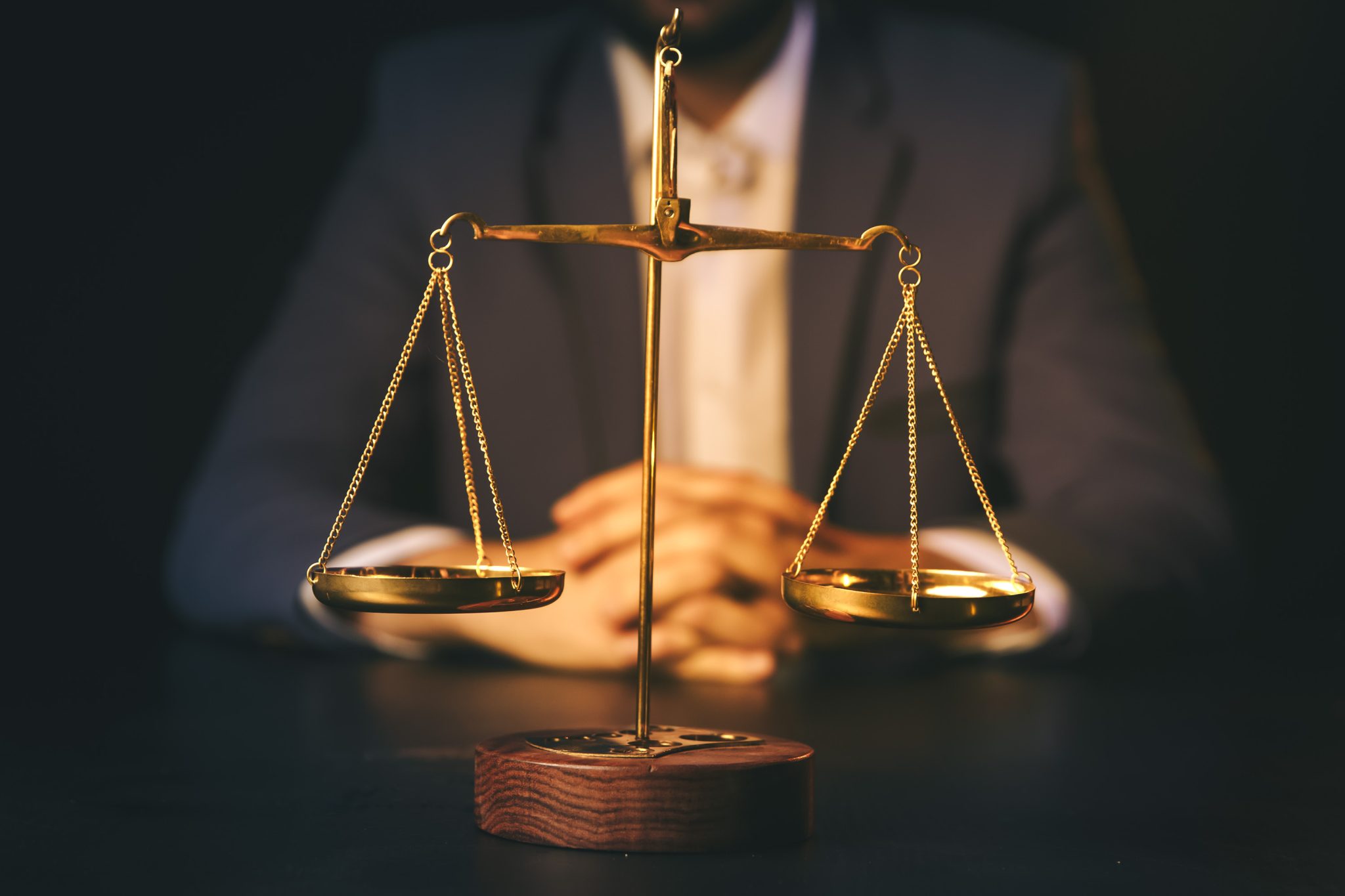The Justice of the Peace (JP) plays a significant role in the judicial and community systems of Jamaica. Here’s an in-depth look at the evolution, roles, and contemporary relevance of JPs in Jamaica from 2000 to the present.
Historical Evolution
The concept of a Justice of the Peace has ancient roots dating back to medieval England. The role was established to maintain peace and administer justice in local communities. This idea was carried over to Jamaica during British colonization, and over the years, the role has been adapted to fit the needs of the Jamaican judicial system.
The Role of the JP Today
In Jamaica, a Justice of the Peace is a person of high integrity who is appointed to perform various judicial and civic duties. These duties include:
- Attending court sessions: JPs participate in juvenile and petty court sessions, providing a vital link between the judiciary and the community.
- Issuing summonses and warrants: They have the authority to issue legal documents such as summonses and warrants, contributing to the enforcement of law and order.
- Considering bail applications: JPs play a crucial role in the bail process, ensuring that individuals’ rights are upheld while maintaining public safety.
- Witnessing legal documents: They certify and witness the signing of important documents, adding a layer of trust and verification.
- Providing counsel and advice: JPs often serve as advisors within their communities, helping individuals understand their legal rights and obligations.
The Justices of the Peace Act, 2018
A significant milestone in the modern history of JPs in Jamaica is the enactment of the Justices of the Peace Act in 2018. This Act provides a comprehensive framework for the appointment, roles, and responsibilities of JPs. It aims to ensure that JPs are properly trained and equipped to perform their duties effectively. Key features of the Act include:
- Training and Certification: The Act mandates specific training programs for JPs to ensure they are well-versed in their roles and responsibilities.
- Code of Conduct: It establishes a code of conduct to maintain the integrity and professionalism of JPs.
- Appointment Process: The Act outlines a clear and transparent process for the appointment of JPs, emphasizing the need for individuals of good character and standing in the community.
For more details, you can read the full text of The Justices of the Peace Act, 2018.
Contributions to the Community
JPs in Jamaica serve as invaluable assets to their communities. They are often seen as accessible and approachable figures who can help mediate conflicts, provide guidance, and ensure that justice is served at a local level. Their voluntary service helps bridge the gap between the formal judicial system and the public, fostering a sense of trust and accountability.
Challenges and Future Directions
Despite their crucial role, JPs face several challenges, including:
- Training and Resources: Ensuring that all JPs receive adequate training and resources to perform their duties effectively remains a priority.
- Public Awareness: Increasing public awareness about the role and services provided by JPs can enhance their effectiveness and accessibility.
- Technological Integration: As the judicial system modernizes, integrating technology into the operations of JPs can streamline processes and improve efficiency.
The future of the Justice of the Peace in Jamaica looks promising, with ongoing efforts to enhance their training, resources, and integration into the broader judicial system. Their role continues to evolve, reflecting the changing needs of the society they serve.
Conclusion
The Justice of the Peace in Jamaica is a vital component of the country’s judicial and community systems. With a rich history rooted in colonial times, the role has evolved to meet the modern demands of justice and community service. The Justices of the Peace Act, 2018, has been a significant step in formalizing and enhancing the role of JPs, ensuring they remain effective and respected figures within their communities.
For more information, you can visit the Ministry of Justice website and access resources like the Justices of the Peace Act, 2018.
This comprehensive look at the modern history and current role of the Justice of the Peace in Jamaica highlights their importance and ongoing contributions to the justice system and community well-being.



Leave a Reply